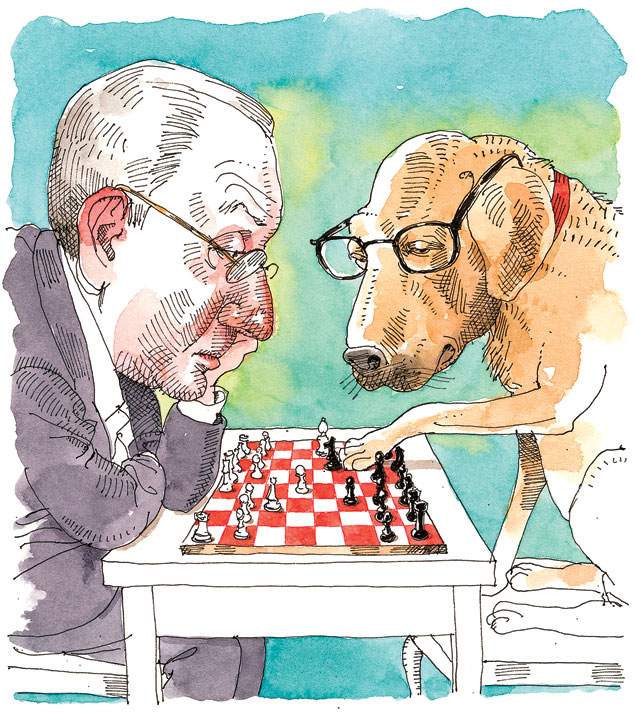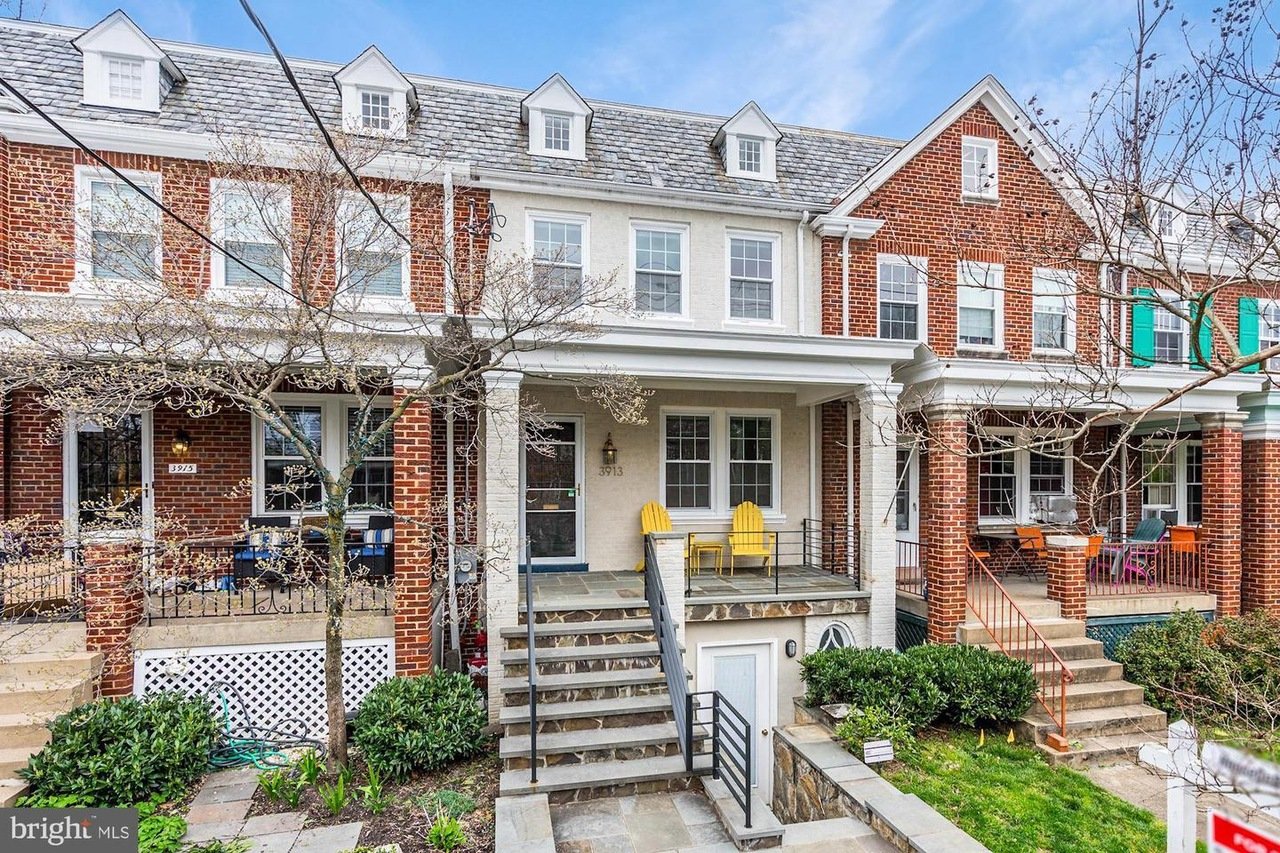James Remenick could tell that his cat, Agatha, was lonely. She’d been down ever since his other cat passed away. But as the head of his own law firm, he could give her only so much attention.
“It sounds like Agatha could use a friend,” Alyson Burgess, community cat-programs manager at the Washington Humane Society, told Remenick when he approached the shelter for advice.
Remenick was greeted by kittens when he visited the facility, but it was a pair of 15-year-old cats, Sherlock and Livingston, that caught his attention. Their former owner had turned them in because she could no longer care for them. Remenick was drawn to them in part because he knew they were less likely to be adopted due to their age. “They were curled up, just these two older guys, looking at you with these big eyes,” he says. “I took them home that night.”
Not all older pets are so lucky. It’s a problem many shelters run into: Their more senior residents can’t compete with the cute newborns.
According to the Humane Society of the United States, there’s no national statistic comparing the number of older pets in shelters with younger ones, but local facilities say puppies and kittens are often in the minority. Shelters have addressed the situation by offering incentives to adopt older pets. The Washington Humane Society devotes certain weekends and months to adult animals, offering fee waivers to those who adopt cats or dogs that are a year or more old. The Washington Animal Rescue League lets owners age 65 and up adopt senior pets at no cost.
Most dogs live about 10 to 12 years. For cats, life expectancy can be 13 years or more.
Michelle Yue, behavior-and-training director of the Washington Animal Rescue League, says adopting older pets is often a smart choice: “Older animals are a little more mellow, and they require less attention and exercise.”
Potential adopters sometimes worry that older pets will come with bad habits. But, says Yue, retraining such a pet is easy: “In a training classroom, for example, the puppies are chasing whatever they see move across the floor. For the dogs that are three years and up, ‘stay’ is not a problem.”
Health is a concern with senior animals. The Washington Humane Society, like many shelters, performs a medical and behavioral assessment on all its animals. “We can determine any special needs they may have and the type of environment they’ll thrive in,” says spokeswoman Jacquie Toppings.
Mary Dancy met 13- and 11-year-old Labs Mama and Duke at a Nationals game in September during a Washington Humane Society event. The pair had been abandoned at a bus stop a few months earlier. She quickly decided to adopt them.
“They were just so sweet and bonded,” Dancy says. “I thought the odds of older dogs being adopted was probably not very high—adopting two was even less frequent.”
As a bonus, the adoption fees were waived, thanks to the Grey Muzzle Organization, which provides funding and resources to shelters to improve the lives of senior dogs.
The shelter informed Dancy that Mama had noncancerous tumors and that Duke’s back legs had atrophied. “You do worry about their health, but my thought was I don’t know how long they’ll be with me,” Dancy says. “I just wanted to give them a good home.”
Unlike new puppies, her dogs have yet to have an accident in the house: “They’re less high-maintenance in many ways, not jumping all over the place, tearing up your carpet.”
But they’re no less cute. “The older dog seems very protective and maternal to the other one,” Dancy says. “They lick each other’s faces a lot.”
As for Remenick, the two additions to his family have prevented Agatha from becoming “too much of a loner.” Of Sherlock and Livingston, he says: “I wouldn’t give these boys up for anything.”
This article appears in the September 2012 issue of The Washingtonian.


















